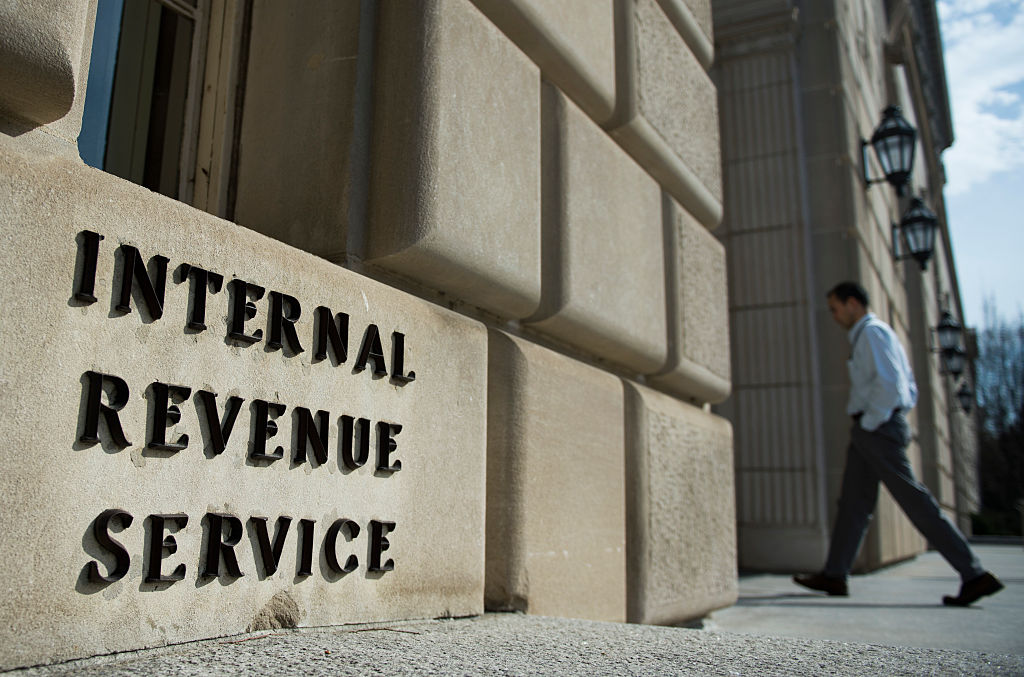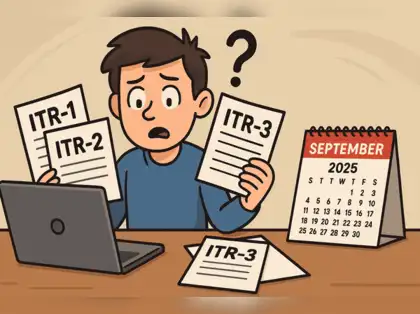IRS Launches Ambitious Plan to Investigate 1,600 Millionaires
The Internal Revenue Service (IRS) is gearing up to intensify its pursuit of delinquent taxes from affluent taxpayers. Bolstered by the Inflation Reduction Act, this initiative is set to target wealthy tax evaders, aiming to boost national tax revenue.
IRS’s Focus on Wealthy Tax Evaders
In a recent announcement, the IRS revealed its intent to initially target 1,600 individuals with outstanding tax debts exceeding $250,000. Starting in October 2024 and concluding in September 2025, the agency plans to deploy a cadre of “revenue officers” dedicated to high-end collections cases.
The Inflation Reduction Act’s Financial Injection
The Inflation Reduction Act of 2022 allocates a whopping $80 billion to the IRS, with over half of this funding designated for the recruitment of additional enforcement agents.
Closing the Tax Gap
The overarching goal of this endeavor is to reduce the tax gap by concentrating on affluent taxpayers who conceal or underreport their income. This strategy is less common among lower-income individuals, whose earnings are routinely reported to the IRS through documents like W2s.
IRS Commissioner’s Stance
IRS Commissioner Danny Werfel underlines the frustration felt by law-abiding taxpayers when they witness wealthy individuals evading their tax responsibilities. During a pre-announcement press conference, he emphasized, “If you pay your taxes on time, it should be especially frustrating to see wealthy filers not doing so.”

Business Partnerships Under Scrutiny
In addition to individual millionaires, the IRS will step up its monitoring of 75 prominent business partnerships with assets averaging $10 billion or more. The agency plans to leverage artificial intelligence technology to track down tax evaders.
Audit Rates for Lower-Income Earners Unaffected
The IRS has clarified that audit rates for individuals earning less than $400,000 per year will remain unchanged.
Concerns and Background
Despite these efforts, concerns have been raised by right-leaning policy experts and some Republican legislators, who worry that middle-class workers might bear the brunt of this increased IRS funding.
Audit rates have seen a significant decline in recent years, primarily due to a reduction in the IRS workforce. Despite a growing population and increasing numbers of taxpayers, the agency employed 82,000 workers in fiscal year 2021, down from 94,000 in 2010.
Audits on Million-Dollar Tax Returns
Notably, audits conducted on million-dollar tax returns have plummeted by two-thirds over the past decade, even as the number of individuals with incomes exceeding $1 million has surged by 50%.
The Urgency of IRS Action
Highlighting the significance of these renewed IRS efforts, a 2021 study by academic economists and IRS researchers found that the top 1% of U.S. income earners must report over 20% of their income. This underscores the importance of combatting tax evasion among the affluent.
FAQs about IRS Unveils Ambitious Plan To Investigate 1600 Millionaires
1. Why is the IRS launching an investigation into 1,600 millionaires?
The IRS aims to collect delinquent taxes from wealthy taxpayers, targeting those who owe at least $250,000 in back taxes.
2. What is the Inflation Reduction Act, and how does it support this IRS initiative?
The Inflation Reduction Act provides significant funding, $80 billion in total, with a substantial portion allocated for hiring more IRS enforcement agents.
3. Will lower-income earners be affected by these IRS efforts?
No, audit rates for individuals earning less than $400,000 per year will remain unchanged.
4. Why have audit rates for million-dollar tax returns decreased over the past decade?
Audit rates have declined due to underfunding of the IRS in preceding years, resulting in the lowest audit rate for wealthy filers in history.




